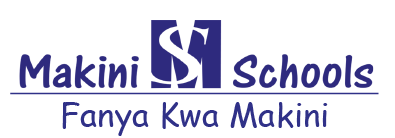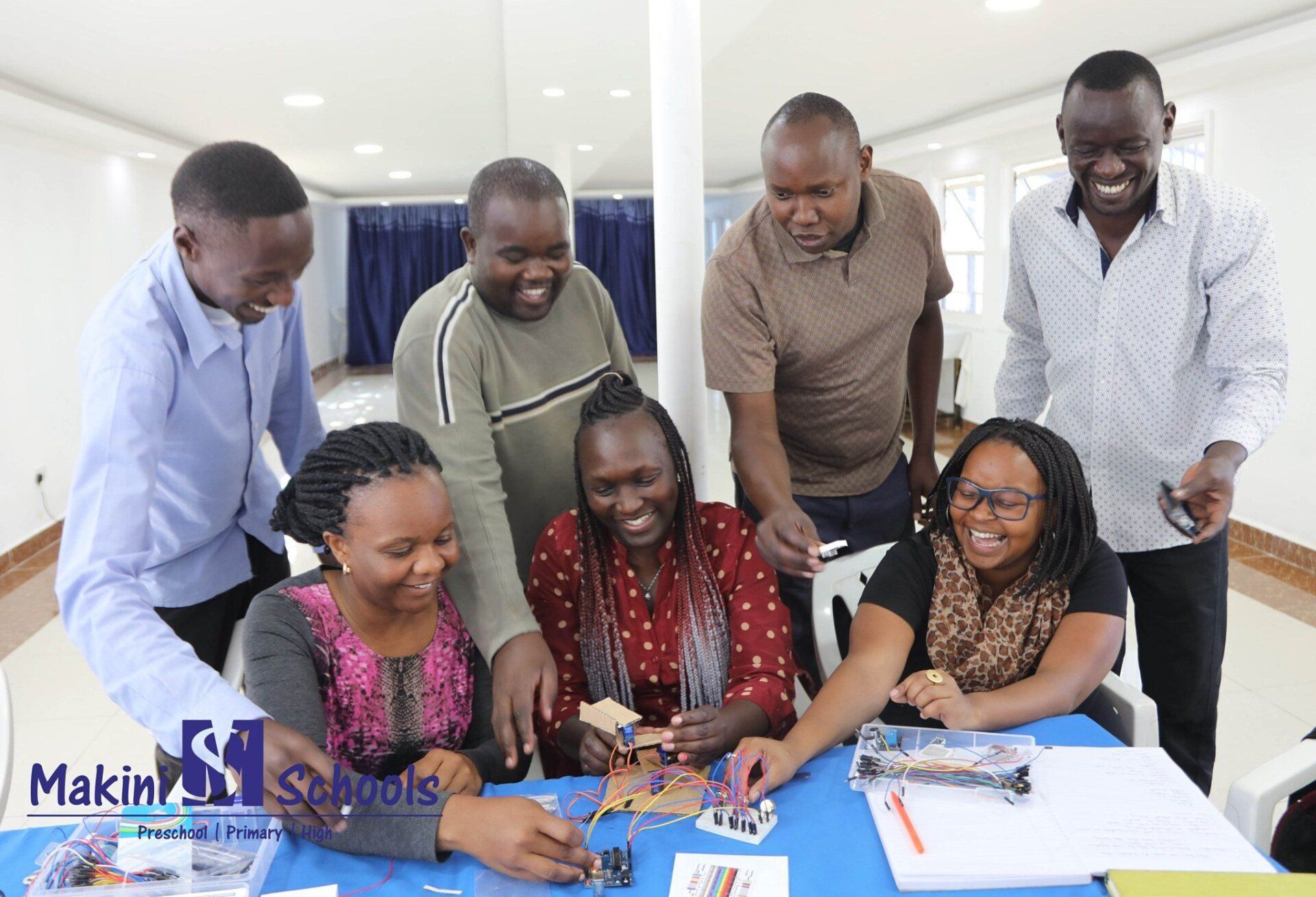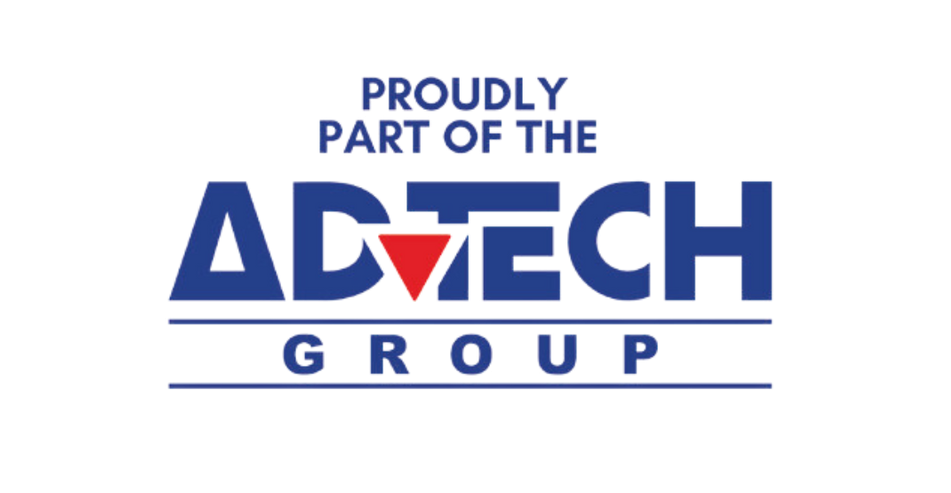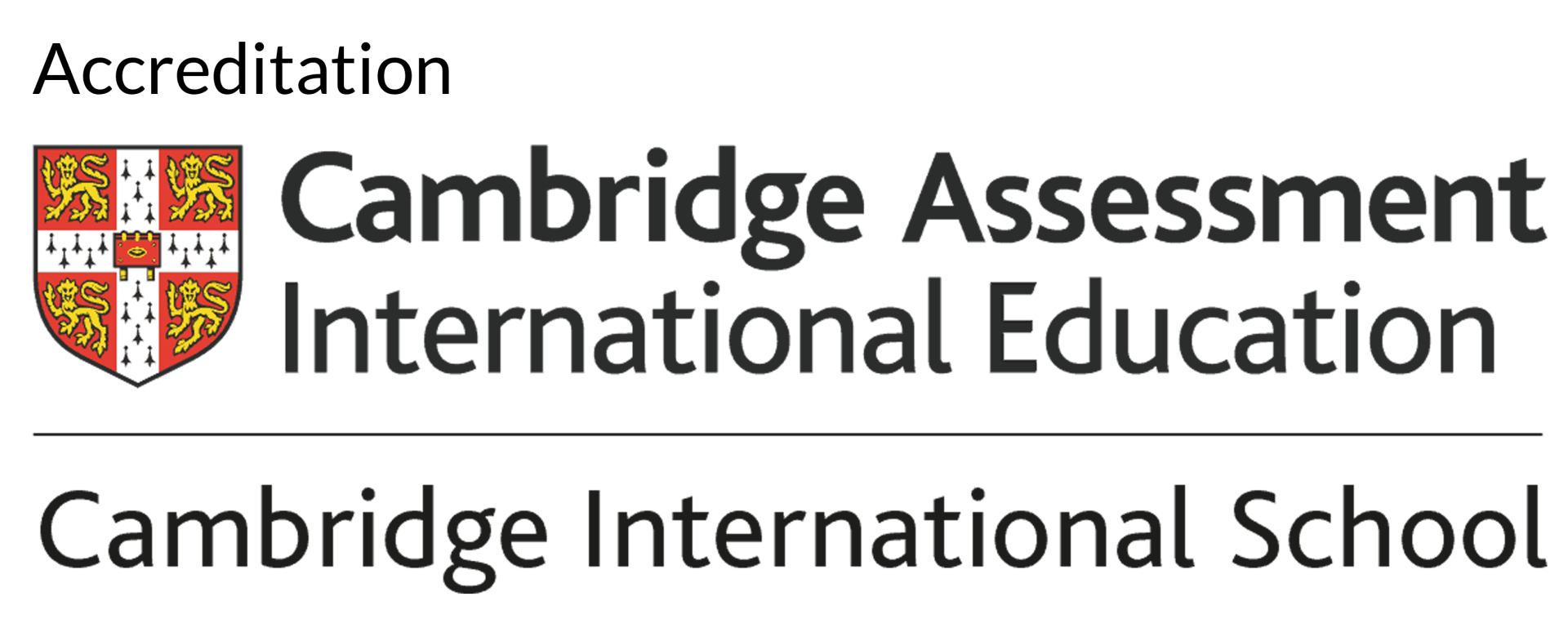Parental Involvement in Education at Makini School
At Makini School, we are wholly committed to achieving academic success. We place our learners’ happiness first and strive to provide the highest quality education. To ensure that we can bring out the best in each child, we aim to create a supportive and enriching environment. However, we cannot do this alone. The role of parental involvement in education is essential for the growth of learners and parents’ active participation strengthens learners’ academic journeys.
Why Does Parental Involvement Matter in Education?
According to The Casey Foundation and the 2019 American Psychological Association review, learners whose parents are involved in their children’s schooling, show higher academic achievement, school engagement and motivation. The benefits of parental involvement in schools contribute to higher achievement, boosts self-esteem and promotes positive behaviours in the classroom and on the sports field.
At Makini School, we are committed to nurturing robust parent-teacher collaboration. Through open communication and collaboration with parents and families, we encourage parents to be proactively involved in their child’s education. We believe that a shared responsibility between school and family leads to a more fulfilling and successful educational experience.
What are Ways Parents Can Get Involved at Makini School?
Participating in School Events and Meetings
One of the most effective parent involvement strategies for schools is encouraging parents to attend school events, parent-teacher meetings and any community initiatives. At these occasions, parents can interact with teachers, learn about their child’s progress and gain valuable insights into the school and what takes place. When parents attend events and are involved in this way, it signals to children that their education is important and takes priority, reinforcing the value of school and learning.
Engaging in Academic Support at Home
Parental support in student learning at home promotes self-discipline and focus, leading to greater academic success. Parents can assist children with their homework, encourage good study habits and help create a positive learning environment. Setting time aside for reading or discussing school and what they’ve learned can make a significant difference.
When parents help children to set goals, build routines and effectively manage their time, self-discipline and focus is promoted.
Encouraging Extracurricular Activities
To ensure that learners enjoy a well-rounded education, Makini School offers a wide range of extracurricular activities. Parents are urged to encourage their children to get involved in the sports, music clubs, social initiatives and other extracurricular activities available. These programs give learners the opportunity to try new things, explore their interests, develop essential skills and build strong friendships.
Parents play a major role when they support their children. Whether cheering from the sidelines, applauding performances or helping them with these programs, parents are not only supporting their child’s interests but also helping them develop life skills like teamwork, time managements, good sportsmanship and perseverance.
What is The Role of Makini School in Promoting Parental Involvement?
Open Communication Channels
From regular newsletters and online portals to parent-teacher meetings and progress reports, Makini School ensures that parents are well informed of what is happening in their child’s school life. This transparency encourages parents to be actively involved in their child’s educational journey.
Workshops and Parent Education Programs
Information evenings, workshops and seminars on a variety of educational topics empowers parents with the knowledge and tools required to support their children. From effective study habits and subject choices to strategies on how to handle academic and peer challenges, Makini School supports parents in many ways. Through these programs, parents gain valuable insights into the role of parental involvement in education, allowing them to better guide and encourage their child’s development.
Feedback and Collaborative Initiatives
Feedback from parents is highly valued by Makini School and is incorporated into the school’s process. Whether this is done through surveys, questionnaires or open discussions, the school encourages parents to share their experiences and perspectives. Through this collaboration, a sense of community is built. This is highly beneficial for families as well as the school.
Success Stories and Testimonials
There are many learners at Makini School who have thrived both academically, culturally and socially due to the strong involvement of their parents. One learner said “My parents pushed me to keep working hard and never give up.” One of the parents said, “Being involved in the school and my child’s journey as not only built a strong relationship, but I’ve watched my child flourish.”
Practical Tips for Parents
Here are some practical tips to help parents become more involved in their child’s school life:
- Set goals together: Help your child to set realistic and attainable goals and celebrate their achievement together
- Create a routine that works for your child and family: A consistent routine is invaluable. This should include study time, relaxation time and family time.
- Promote curiosity: Encourage your child to ask questions, think of new ideas and approach challenges as learning opportunities.
- Get involved at the school: Attend school events, show interest in functions and get involved in any activities that your child participates in.
- Maintain open communication: Check in with your child’s teachers often. This will ensure that you’re always aware of what’s happening and if anything needs to be addressed.
Parental involvement is the cornerstone of a child’s success. Not only does it influence their academic outcomes, but it also impacts their social and emotional development. At Makini School, we encourage parent-school and parent-teacher partnerships. This ensures a greater success for each learner and the school as a whole. If you would like more information on how you can help your child’s development or if you’d like to get more involved with the school, please get in touch with us today.













